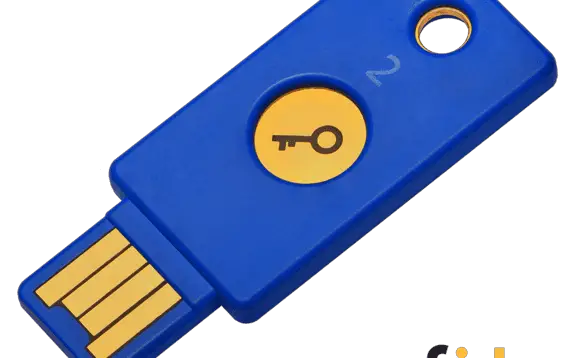
Today, the W3C and FIDO Alliance standards bodies announced that Web browsers are building a new type of login. The new open standard, called WebAuthn, will be supported in the latest version of Firefox and will be supported in the Chrome and Edge versions released in the coming months. This is the latest move over the years to keep users away from passwords and to switch to more secure login methods such as biometrics and USB tokens.

The system is already in place on major services like Google and Facebook, where you can log in using Yubikey devices that are FIDO compliant.
“WebAuthn defines a standard web API that can be incorporated into browsers and related web platform infrastructure which gives users new methods to securely authenticate on the web, in the browser and across sites and devices. WebAuthn has been developed in coordination with FIDO Alliance and is a core component of the FIDO2 Project along with FIDO’s Client to Authenticator Protocol (CTAP) specification. CTAP enables an external authenticator, such as a security key or a mobile phone, to communicate strong authentication credentials locally over USB, Bluetooth or NFC to the user’s internet access device (PC or mobile phone). The FIDO2 specifications collectively enable users to authenticate easily to online services with desktop or mobile devices with phishing-resistant security.”
WebAuthn will undoubtedly accelerate the implementation of secure login, whether it is to use these technologies as alternate login methods or completely replace passwords. As the more open source code is written to the new standard, developers will be more likely to implement new login methods.